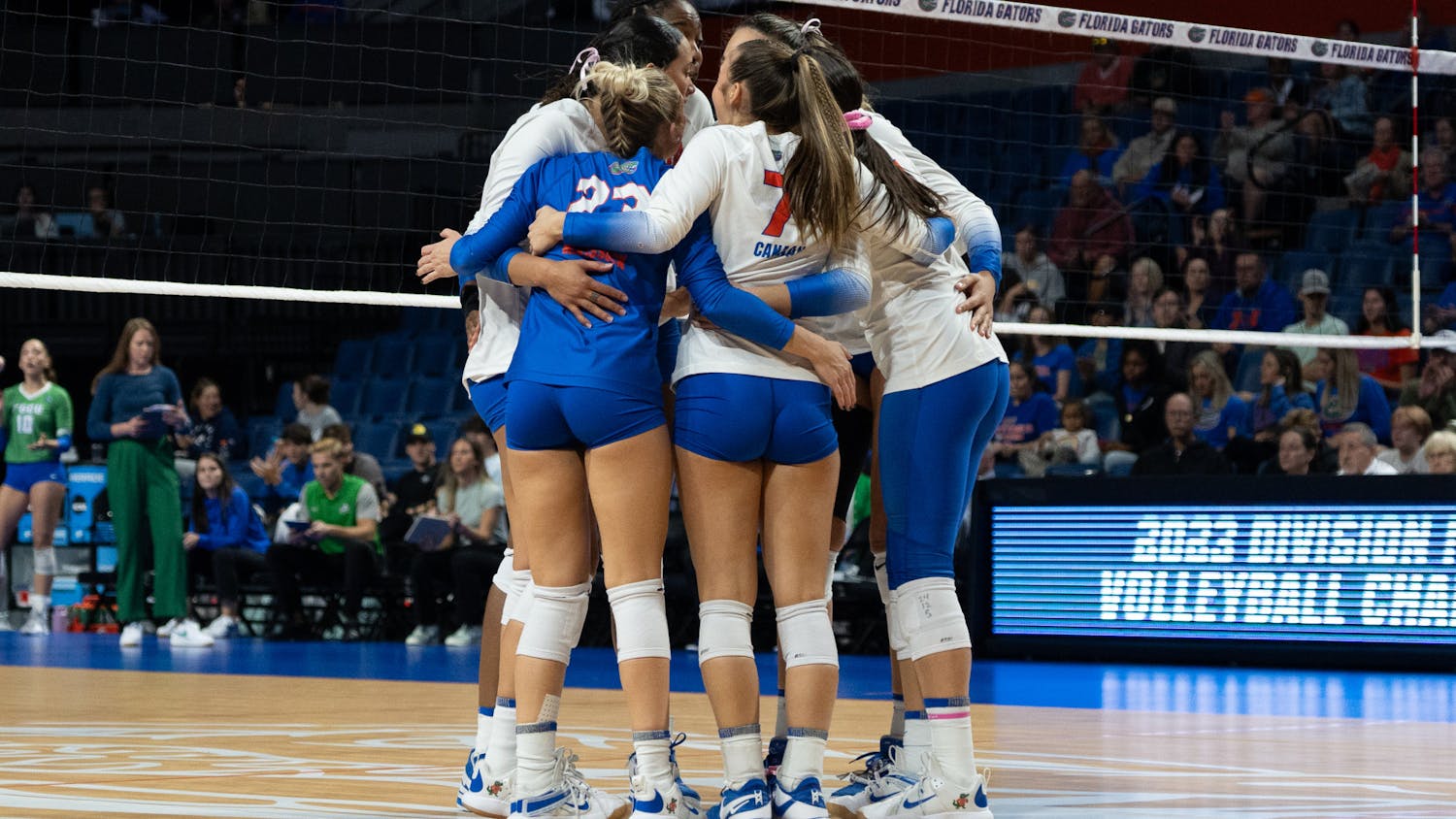The virtual world can have some serious implications in reality, according to recent study conclusions from Stanford University researchers.
Jeremy Bailenson and Jesse Fox, researchers at Stanford’s Virtual Human Interaction Lab, found women who become sexualized avatars in a virtual reality world feel objectified and are more likely to accept rape myths.
An “avatar” is the virtual representation of a user where the user can create an online character and control the actions of that character, much like “The Sims.”
“The bias towards women is ridiculous and crude,” said Sarah Hernandez, vice president of UF’s Women’s Student Association.
Although the video game industry is largely made up of men and marketed toward them, it should be more inclusive to women, the 19-year-old public relations sophomore said.
During the study, women wore helmets that blocked out their surroundings, immersing them in a virtual, 3-D world. Some women became sexualized avatars, wearing short dresses and cleavage-bearing tops, while other women became nonsexualized avatars.
After their time in the virtual world, participants filled out a questionnaire and researchers found from the results that women who took on sexualized avatars agreed more with rape myths. One myth in the questionnaire is that in the majority of rapes the victim is promiscuous or has a bad reputation. The findings were published in the science journal Computers in Human Behavior.
Popular video games such as “God of War,” “Mortal Kombat” and “Tomb Raider” often depict sexualized female characters.
“Just because there’s more men in the field doesn’t mean that there has to be more objectification and misogyny,” Hernandez said.
Electronic Entertainment Design and Research, a video game research firm, found that of 669 games that had protagonists with recognizable genders, 24 had female protagonists — only 3 percent.
Jordan Youngblood, 27, a UF doctoral candidate, said being embodied in a virtual world leaves behind “the residue of experience.”
His research includes gaming, gender and sexuality, and he agreed there is an unequal representation of women in video games. He said female characters are encoded to act and respond in games in a way that perpetuates negative female stereotypes.
“I think it would be short-sighted to say that video games don’t have ideological impacts,” he said. “This is still a very problematic issue on an everyday basis.”
A version of this story ran on page 4 on 10/23/2013 under the headline "Sexy characters may have startling consequences"





